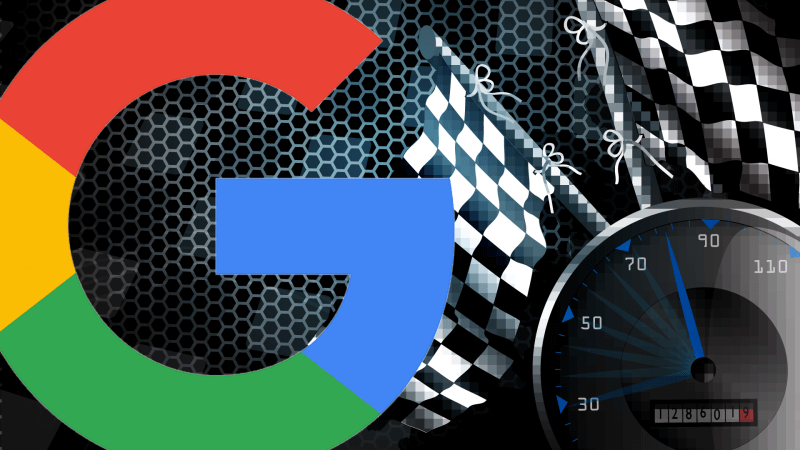Google is the most popular search engine online, and that isn’t going to change anytime soon thanks to the 3.5 billion searches made every day. Countless people use it every day to the find information they need, and trust the search engine to provide the best possible information quickly. Google ranks every website they index carefully and considers over 250 ranking factors to ensure that users get the most relevant and high-quality results on the first page.
Site speed and design are two of the most important ranking factors Google takes into consideration, as they have the biggest impact on user experience.
Why Is Site Speed Important?
People have a short attention span online and expect quick results. They want websites that load quickly and without any problems. Surveys conducted by Google indicate that internet users expect websites to load within three to four seconds. If sites take longer than that, users are more likely to turn towards the competition. In fact, 40 percent of users are likely to abandon a site if it doesn’t load within three seconds or less. For e-commerce businesses, that can mean leaving a lot of potential sales on the table. Google understands the importance of speed, so it ranks websites that load quickly, high on search engine results pages.
Users who hit the back button and leave are not only dissatisfied with your site’s user experience but also with the quality of results Google provides, and that’s something the company wants to avoid.
Duda, a website builder for web professionals and agencies, recently published the results of an internal survey of 4171 websites. Due to the findings of the survey, the company decided to upgrade their website builder and focus on getting the highest PageSpeed score for all sites built on their platform.
highest PageSpeed score for all sites built on their platform.
In the study, the focus KPI was Render Start Time – the first point in time that something is displayed on a user’s screen. The average for this metric decreased from 1.8 seconds to 1.4 seconds, approximately a 22 percent decrease.
Website builders – as Duda’s example shows – would be well-advised to focus on site speed if they wish to stay ahead of the curve. Now that mobile search volume has surpassed desktop search volume, Google expects all sites to load quickly on mobile platforms as well, which makes mobile friendliness a major ranking factor as well.
Why Is Site Design Important?
Site design has a bigger impact on user experience than site speed because it keeps users engaged and therefore on the site longer. The aesthetics, graphics, typography, and content keep users interested but the practical aspects of design like site structure, navigation, accessibility, etc., ensure they have a good user experience. People expect website pages to follow the logic, be in particular order and contain useful internal and external website links.
When Google bots crawl and index websites, they examine the website’s structure, design, URL, internal and external linking, etc., before they rank the pages. If your site design is clumsy and outdated, the search engine will rank it low on SERPs.
Ensuring that Google can crawl and understand your website should be the top priority when designing your site. Critical design factors to keep in mind when creating your site to ensure a friendly user experience include:
- Site Navigation – This refers to how users move from one web page to another and include other important factors such as the information displayed above the fold, in the sidebar, etc. Site navigation plays a very important role in how much time users spend on the site and bounce rates.
- Link Structure – This includes the way your web pages are linked together, URL structure, menu bar categories, subcategories, internal links, external links, etc.
- Responsive Design – A website design that displays correctly across different devices and browsers and is mobile friendly.
Polishing these two factors on your website will give you a much better chance of ranking high on search engines, which in turn can significantly increase your traffic.
Article courtesy Forbes.com










